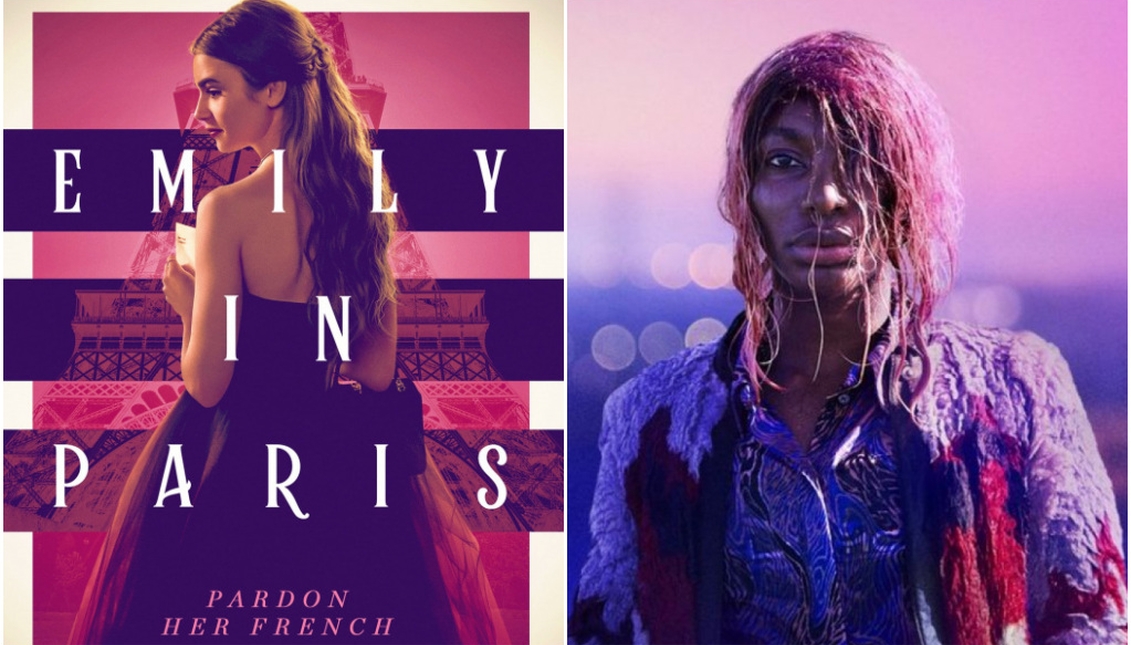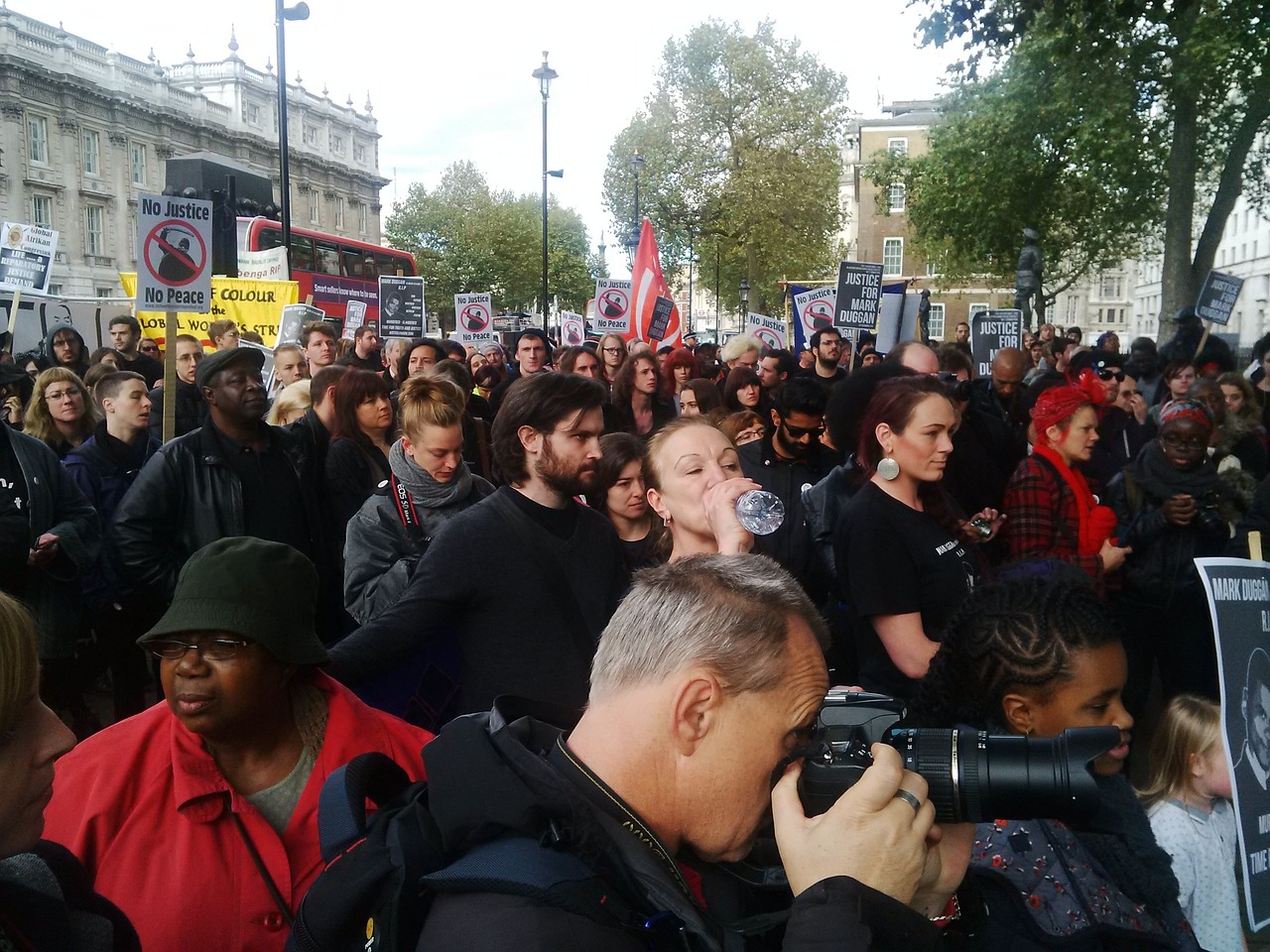
'Emily in Paris' and the Golden Globes controversy: The diatribe on fair awarding
Spectators, journalists, and even Emily in Paris' screenwriter, raise their voices after the snubbing of I May Destroy You during the Golden Globes.
Since last week, the Golden Globe nominations have been the subject of a wave of criticism, joined by Lin-Manuel Miranda, the king of musicals. However, some controversy has progressively unfolded regarding the role of his nomination.
On Wednesday, Feb. 3, Deborah Copaken, nominated as a screenwriter for the millennial comedy, Emily in Paris (Netflix, 2020) wrote a very personal chronicle for The Guardian in which she expressed her own uncertainty about the overall criteria for the competition.
She explained how her work came about after escaping sexual harassment at her previous job, and her feelings as a survivor of sexual assault. As a result, Copaken assured I May Destroy You (HBO, 2020) is her new favorite series because of how it tackles the issue of rape with heart and humor.
Her criticism is based on the racial inequality among Hollywood screenwriters, citing the 2017 Color of Change study that showed 91% of showrunners are white and 80% male.
What outrages Copaken the most is the subsequent asymmetry in dealing with certain issues, especially sexual harassment of people of color.
RELATED CONTENT
"Now, am I thrilled that Emily in Paris was nominated? Yes. Absolutely. I've never even come remotely close to seeing a Golden Globe statuette up close, let alone being nominated for one. But that excitement is now unfortunately tempered by my anger at Coel's snub. That I May Destroy You didn't even get a Golden Globe nod isn't just wrong, it's what's wrong with everything," she wrote.
The controversy continued throughout the week on social media, with profiles protesting the lack of nominations for the British series created and starring Michaela Coel, also a writer and producer, who many believe deserved acknowledgment for her ability to deal with trauma.
Whether you loved Promising Young Woman or not, it is telling that it is sweeping awards season, while I May Destroy You has been completely ignored. It's a clear statement about which stories we are ready to hear and which ones we continue to ignore. #imaydestroyyou
— @realSarahPolley (@realsarahpolley) February 3, 2021
All of this was echoed in the press, especially by other journalists, who also reflected on the missed opportunity to reflect on rape recovery.
In an article for El País, journalist Lucía Mbomío elaborates a thesis whereby "white" media prefer racial stories of overcoming (sports or show business), or extraordinary anecdotes, but commit the medical fallacy of representing or empathizing less with dimensions related to pain or suffering. Mbomío cited a 2016 study entitled Racial Bias in Pain Assessment and Treatment Recommendations, to conclude by wondering what kind of trauma a Black woman must suffer to deserve a Golden Globe.
Charles Trepany for USA TODAY recaptured the thesis by asking, in the words of Deborah Copaken, why Hamilton deserved a nomination and Coel's series did not?
There may still be a long way to go in the race for true plurality in film, which will encompass many more dimensions than old directors and producers can imagine.











LEAVE A COMMENT:
Join the discussion! Leave a comment.